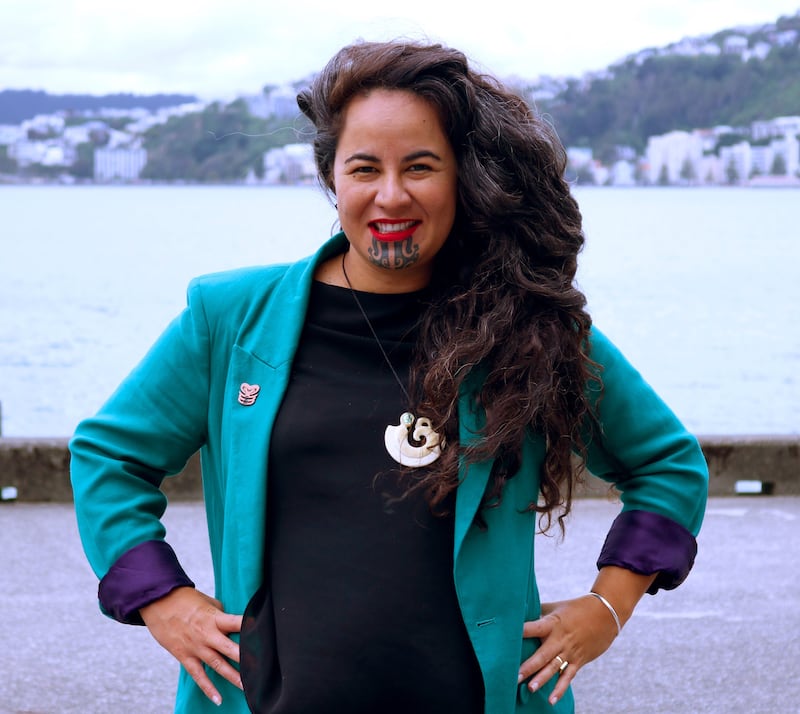Former lawyer and spokesperson for JustSpeak Julia Amua Whaipooti has been appointed tatau-uutahi|shared leader at Te Kāhui Tika Tangata Human Rights Commission.
The role, established earlier this year, will see Whaipooti (Ngāti Porou) sit alongside tatau ururoa|shared leader/chief executive Meg de Ronde.
In a statement, the commission said the innovative leadership model reflects its dedication to honouring the partnership inherent in te Tiriti o Waitangi between Tino Rangatiratanga (self-determination of Māori) and Kāwanatanga (government).
“Whaipooti’s appointment is a testament to her outstanding contributions and advocacy for human rights, particularly in relation to the rights of Māori and other marginalised communities,” de Ronde, said.
“I really look forward to walking this journey, towards a rights-respecting Aotearoa, with her.”
The new role, however, could be shortlived as the coalition government looks to trim the public service. The ACT party in particular campaigned on closing the Commission. In August David Seymour voiced his opposition to the creation of the tatau-urutahi role, which was advertised with a salary of more than $280,000.
“Shut it down”
He said the role was an example of the ‘self-serving, taxpayer-funded bureaucracies that don’t deliver for New Zealanders.’
“This year the Human Rights Commission has added a chief executive and is now advertising for Tatau-Urutahi – a location flexible position at the chief executive level to “advance human rights in a Tiriti-based organisation” for a salary of up to $286,900.
“The only organisation that would see fit to hire two chief executives, as well as a commissioner, is an organisation spending other peoples’ money. Together, these three roles cost taxpayers almost a million dollars a year in salary alone. It’s time to shut it down,” Seymour said.
HRC Responds
While the Commission receives taxpayer funding, it is independent of the government. It disputes it has created a Chief Executive Officer role this year, saying it always has had one and the shared leader role is not an extra position, having disestablished the deputy CEO role to prioritise its new leadership model.
Whaipooti is an experienced advocate for justice reform, now serving as the director of engagement on the Royal Commission of Inquiry into Historical Abuse in State Care and previously with the Office of the Children’s Commissioner and on Te Uepū Hāpai i te ora - Safe and Effective Justice Advisory Group. She has also led the New Zealand delegation to the UN Permanent Forum on Indigenous Issues in New York City in April 2018.
“I am looking forward to continuing the important work of the commission to uphold the mana and status of human rights in Aotearoa,” Whaipooti says.
Whaipooti will start in the role at the end of January.


